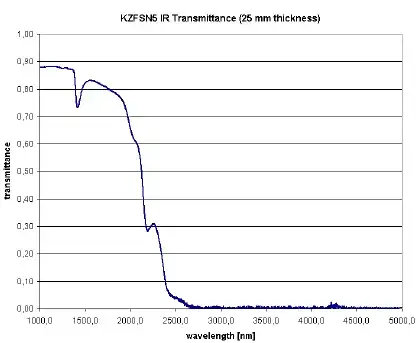That sounds wrong. Also, later it somehow contradicts itself by saying
- A greenhouse keeps warm inside because of the properties of the glass. The short wavelength radiation from the Sun can get in but because the plants and soil are cooler they emit longer wavelength radiation which cannot escape through the glass.
Heat radiation is mostly electromagnetic radiation in the near to mid infrared portion of the spectrum. Depending on the glass, they let more or less of this go through it. It certainly will stop heat by convection to propagate, but still the glass will get eventually hot and then heat to go through it and heat the air on the other side. As you mention, we feel the heat from the sun inside cars,
As a side note, it's interesting that teams are trying to make smart windows that change their infrared reflectivity based on temperature such as to reflect more when it's hot.
I'm not a nuclear safety guy, but I would say that a glass window certainly will not protect you from thermal radiation or any radiation if a nuclear bomb explodes in your neighborhood.
